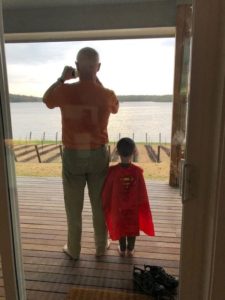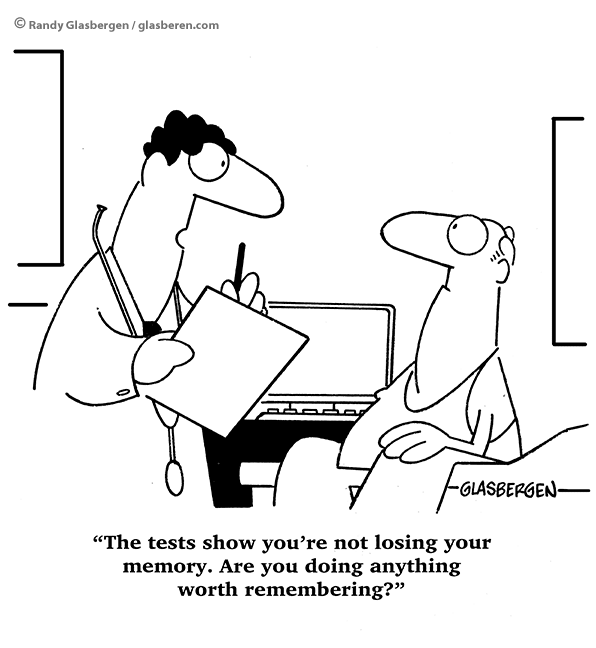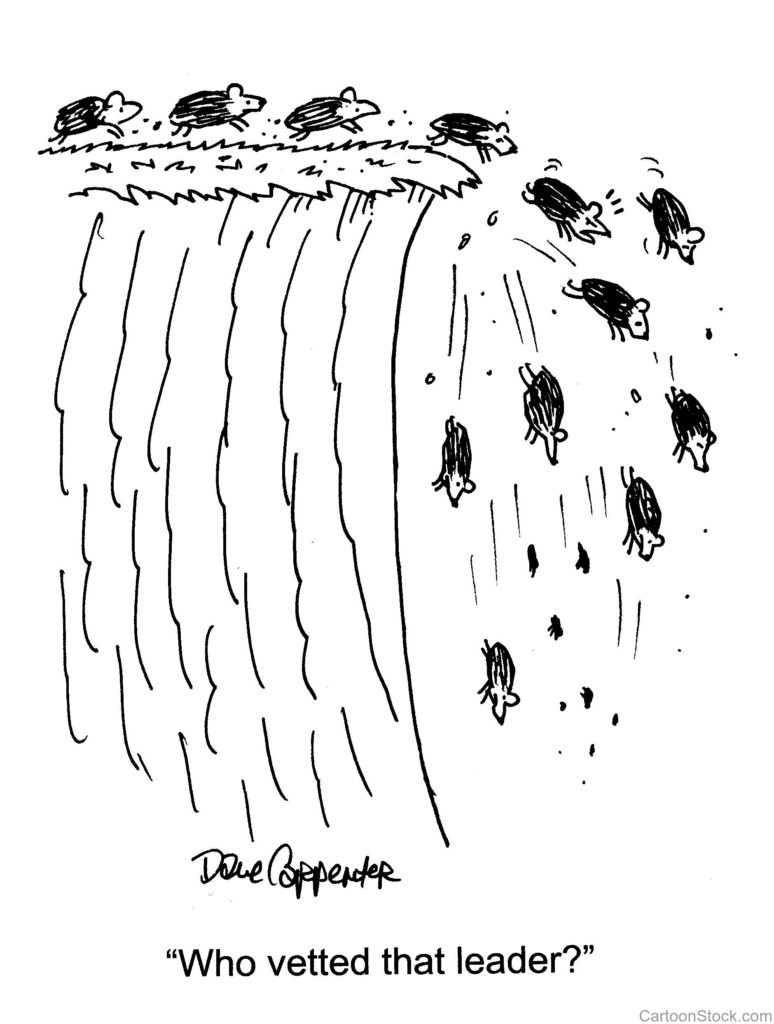 In his celebrated book, Thinking, Fast and Slow, Daniel Kahneman distinguishes between two types of thinking; he calls them System 1 and System 2 thinking. System 1 thinking engages our intuition. System 2 thinking requires deliberation and reflection.
In his celebrated book, Thinking, Fast and Slow, Daniel Kahneman distinguishes between two types of thinking; he calls them System 1 and System 2 thinking. System 1 thinking engages our intuition. System 2 thinking requires deliberation and reflection.
Our intuition gives a fast response to stimuli; deliberation and reflection take more time and effort. Intuition can save us time and effort—when ordering from the menu at a seafood restaurant, we may intuit that the restaurant’s seafood is better than its red meat—and is particularly helpful when a quick decision is needed and the stakes are not high (pun intended). At other times, deliberation is best.
For instance, answer these two riddles:
- A bat and a ball costs $1.10. The bat costs one dollar more than the ball. How much does the ball cost?
- In a lake, there is a patch of lily pads. Every day, the patch doubles in size. If it takes 48 days for the patch to cover the entire lake, how long would it take for the patch to cover half of the lake?
If we rely on our intuition, our answer to the first riddle will probably be: The ball cost 10 cents. And our answer to the second riddle will be: It will take 24 days for the patch to cover half of the lake. Both answers are wrong. Before responding with the seemingly apparent answers, a slower, more methodical approach would more likely yield the correct answers-5 cents and 47 days.
Both systems are useful, so we need to discern when to use each one. If we analyzed every issue and decision we face in life (System 2 thinking), our lives would grind to a halt. But if we solely rely on System 1 thinking, we’ll often be misled.
Consider the following scenarios. Which ones would benefit from each type of thinking?
- You’re hiring a new team member.
- You’re considering a new job.
- You’re choosing a paint color for your bathroom.
- Your ordering dinner at a restaurant.
Sometimes, we may realize that an issue is very important (for instance, choosing a spouse) so we do slow down the decision-making process, but we still don’t engage in System 2 thinking—we just continue to marinate in our intuition, which tends to strengthen our confidence in it. Instead, we should intentionally seek a more deliberate understanding of the issue.
One of the best ways to safeguard against being misled by our intuition is to have robust dialogue with other people regarding important issues, because intuition is an individualistic response and groups are uniquely qualified to engage in deliberate thinking (unless the group suffers from groupthink).
[reminder]What are your thoughts about this essay?[/reminder]

 Five years ago my life changed with the birth of my first grand-baby—Benjamin. I now embrace the unassailable truth that grandchildren are God’s reward for not having killed your own. This picture was taken at my vineyard; Benjamin and I had just enjoyed a day together, playing and working and we were musing over the result.
Five years ago my life changed with the birth of my first grand-baby—Benjamin. I now embrace the unassailable truth that grandchildren are God’s reward for not having killed your own. This picture was taken at my vineyard; Benjamin and I had just enjoyed a day together, playing and working and we were musing over the result. Here’s a picture of a necklace that I had when I was a child. I wore it periodically during the first 18 years of my life. I can’t remember where it came from or if it had any special meaning. The necklace is made from three colored pieces of acrylic—green, orange, and white—cut in the shape of a scalene triangle.
Here’s a picture of a necklace that I had when I was a child. I wore it periodically during the first 18 years of my life. I can’t remember where it came from or if it had any special meaning. The necklace is made from three colored pieces of acrylic—green, orange, and white—cut in the shape of a scalene triangle. In his extraordinary book, Thinking, Fast and Slow, psychologist Daniel Kahneman teaches that we have two mental operating systems; there are two expressions of self: the experiencing self and the remembering self.
In his extraordinary book, Thinking, Fast and Slow, psychologist Daniel Kahneman teaches that we have two mental operating systems; there are two expressions of self: the experiencing self and the remembering self. A leader is one who sees more than others see, who sees farther than others see, and who sees before others do. —LeRoy Eims
A leader is one who sees more than others see, who sees farther than others see, and who sees before others do. —LeRoy Eims